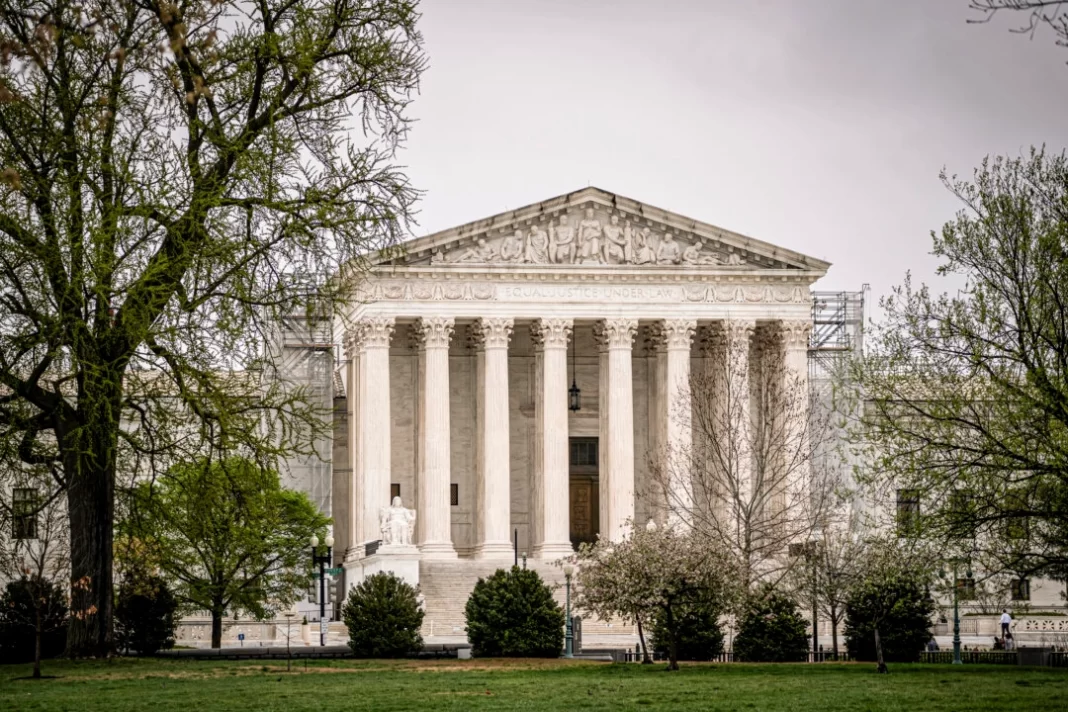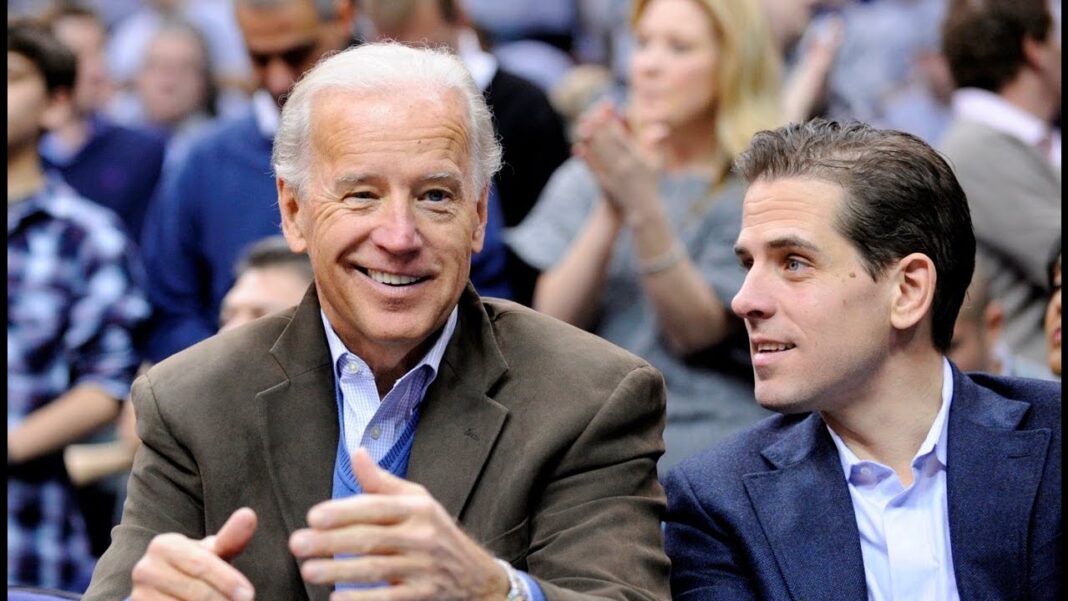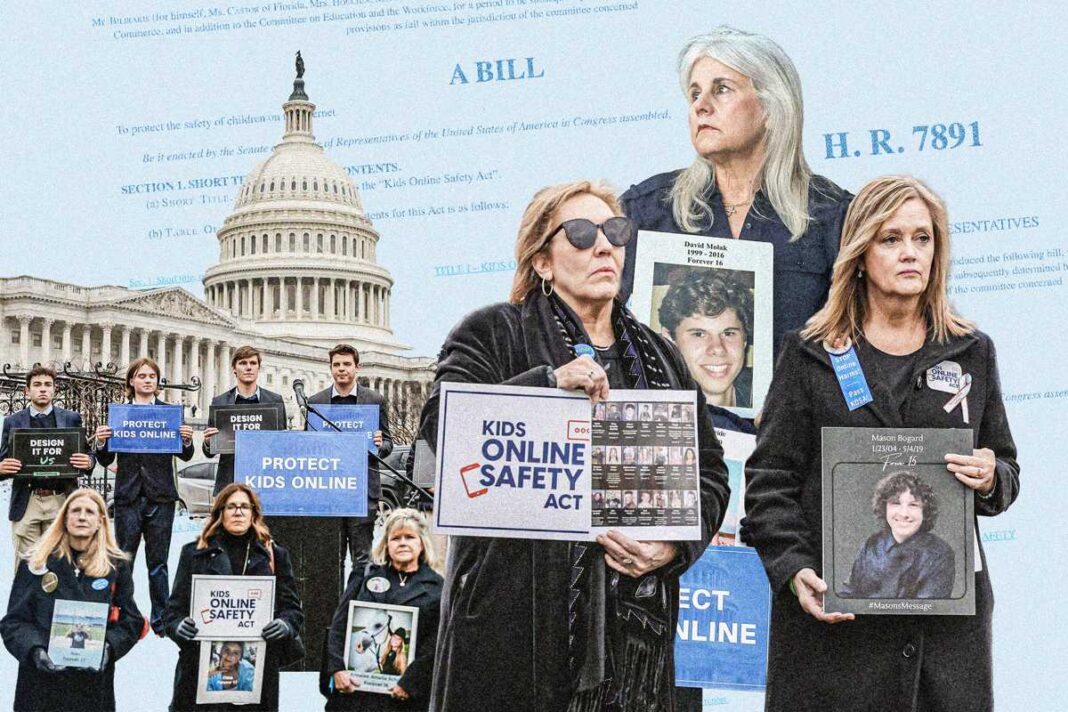Presidents enjoy immunity from prosecution for official acts, the majority ruled.
The Supreme Court ruled 6–3 that presidents enjoy immunity from criminal prosecution for official, but not unofficial, acts—in a decision that’s expected to delay former President Donald Trump’s trial in the federal election case in Washington.
The Supreme Court held that: “Under our constitutional structure of separated powers, the nature of Presidential power entitles a former President to absolute immunity from criminal prosecution for actions within his conclusive and preclusive constitutional authority. And he is entitled to at least presumptive immunity from prosecution for all his official acts. There is no immunity for unofficial acts.”
The July 1 decision remands the case to the district court for further consideration.
Chief Justice John Roberts penned the majority opinion, which was joined in full by Justices Clarence Thomas, Samuel Alito, Neil Gorsuch, and Brett Kavanaugh. Justice Amy Coney Barrett joined part of the opinion while issuing a concurrence of her own.
Justice Sonia Sotomayor penned a dissent, which was joined by Justices Ketanji Brown Jackson and Elena Kagan. Justice Jackson also issued a dissent.
Former President Trump responded to the decision on Truth Social: “BIG WIN FOR OUR CONSTITUTION AND DEMOCRACY. PROUD TO BE AN AMERICAN!”
The ruling is a partial win for former President Trump, who asked for a broader form of immunity than the justices ultimately granted. Former President Trump had asked the court to rule that he enjoyed immunity from criminal prosecution for his official acts unless Congress had impeached and convicted him for those acts.
D.C. District Judge Tanya Chutkan had rejected the idea that presidents enjoyed immunity from criminal prosecution as did the U.S. Court of Appeals for the D.C. Circuit.
During oral argument in April, the conservative justices seemed poised to remand the case back to the district court in Washington with instructions on what constitutes official and private acts for further fact-finding proceedings.
“We’re writing a rule for the ages,” Justice Neil Gorsuch said during oral argument. He and Justice Ketanji Brown Jackson both made clear they were concerned about cases beyond former President Trump’s, which has forced the court to grapple with what constitutes a president’s official conduct.
Attorney D. John Sauer argued for former President Trump, and former Deputy Solicitor General Michael Dreeben argued for special counsel Jack Smith.
The most recent time the Supreme Court issued a major ruling on presidential immunity was in 1982, in Nixon v. Fitzgerald. The court ruled that presidents enjoyed absolute immunity from civil liability for actions that fell within the outer perimeter of their official duties.
By Sam Dorman






